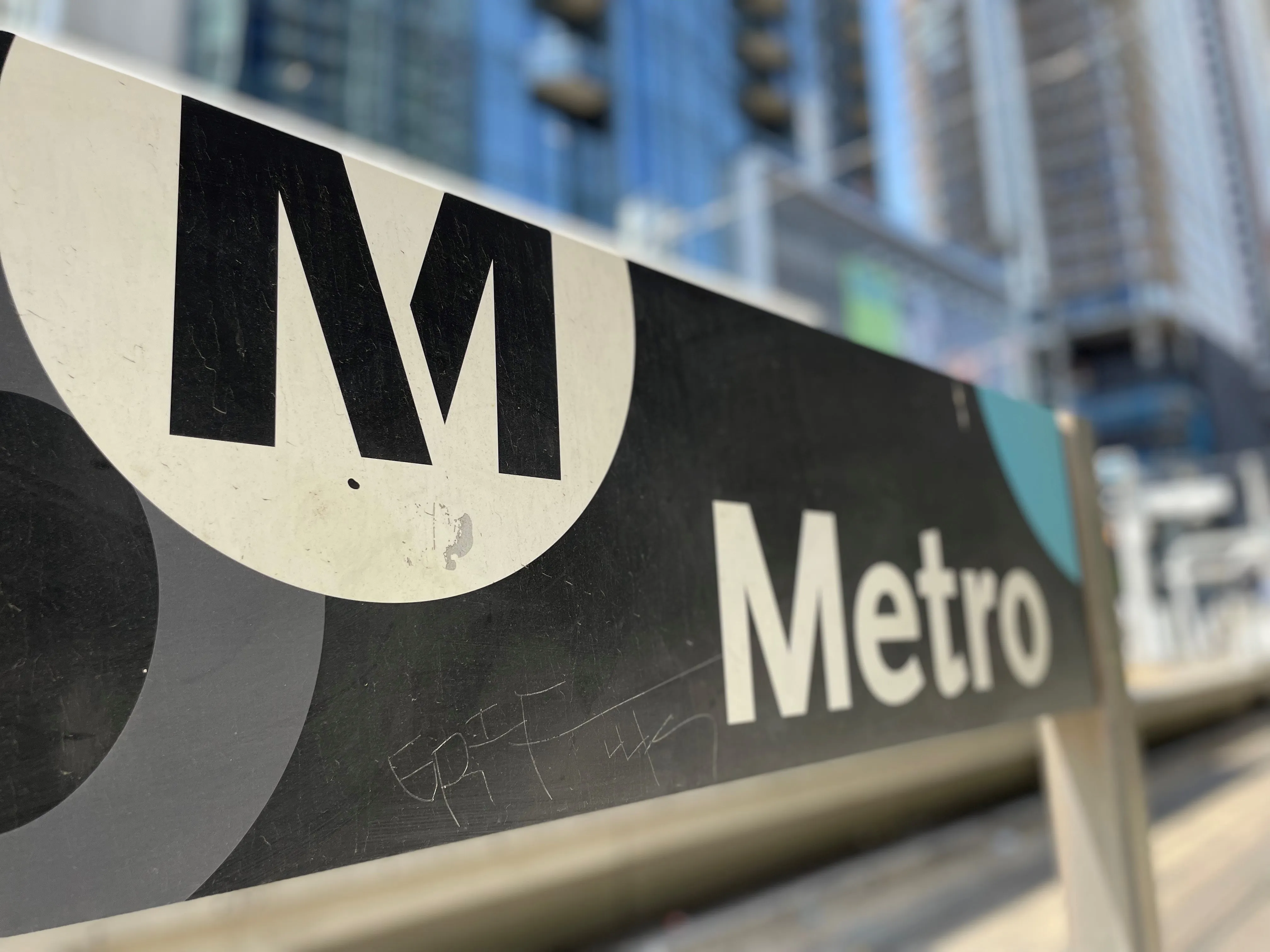Portland, Oregon, public transit services provider plans to begin testing the new TriMet tickets mobile app later this spring that will allow riders to conveniently buy and use fares from their smartphones. The agency is now taking applications from volunteers for the beta test of the mobile ticketing app designed by local software company GlobeSherpa. Bus, Max and Wes commuter rail passengers will be able to buy fares instantly, anywhere, at any time using an iPhone or Android phone, by downloading the fre
April 5, 2013
Read time: 2 mins
Portland, Oregon, public transit services provider plans to begin testing the new 1272 TriMet tickets mobile app later this spring that will allow riders to conveniently buy and use fares from their smartphones. The agency is now taking applications from volunteers for the beta test of the mobile ticketing app designed by local software company GlobeSherpa.
Bus, Max and Wes commuter rail passengers will be able to buy fares instantly, anywhere, at any time using an iPhone or Android phone, by downloading the free app and registering a debit or credit card in the secure system. The tickets will have a combination of visually authenticated elements including a day-code, time and date stamp, and dynamic animation to provide security.
TriMet says it is among the first transit agencies in the US to test mobile ticketing. The app has been in development since last fall. It will make purchasing fares easier and faster. Passengers won’t have to keep track of paper tickets, search for exact change for the bus or use a ticket machine before boarding a Max or Wes train.
The mobile ticketing app will save the agency money by reducing the operating cost associated with printed fares. It will also bring it one step closer to a state-of-the-art electronic fare collection system that will eventually provide all passengers – not just those with smartphones – with easy and convenient ways to pay their fare
Bus, Max and Wes commuter rail passengers will be able to buy fares instantly, anywhere, at any time using an iPhone or Android phone, by downloading the free app and registering a debit or credit card in the secure system. The tickets will have a combination of visually authenticated elements including a day-code, time and date stamp, and dynamic animation to provide security.
TriMet says it is among the first transit agencies in the US to test mobile ticketing. The app has been in development since last fall. It will make purchasing fares easier and faster. Passengers won’t have to keep track of paper tickets, search for exact change for the bus or use a ticket machine before boarding a Max or Wes train.
The mobile ticketing app will save the agency money by reducing the operating cost associated with printed fares. It will also bring it one step closer to a state-of-the-art electronic fare collection system that will eventually provide all passengers – not just those with smartphones – with easy and convenient ways to pay their fare









